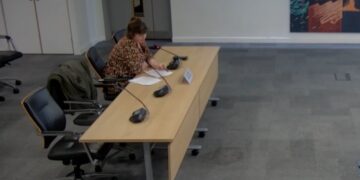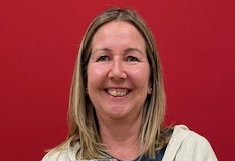More than 200 Reading children are in foster care with Brighter Futures for Children, the independent, not-for-profit company which runs children’s services on behalf of Reading Borough Council. More local families are needed to help them live their best possible lives. In the last article in this short series on fostering, we find out what it takes to be a foster carer.
Sinead had always wanted to be a foster carer but was waiting until she was married with her own home before applying.
It was only when a friend explained she did not need to be married or a homeowner to be a foster carer that she decided to find out more.
These are two of the many misconceptions people have about who can be a foster carer.
Dijana, a fostering recruitment officer at Brighter Futures for Children, is keen to do some myth-busting.
She said motivation and life experience are two of the most important things she looks for when someone gets in touch about foster caring. And being single definitely isn’t a barrier to getting involved.
“I actually think having a varied life experience is one of the best things a foster carer can bring. It is important to be able to bring all the things you’ve been through into the mix,” she says.
“That could be your own parents divorcing when you were young, looking after an unwell family member, having a different cultural heritage or coming out as gay. Or it could be that you’ve helped someone else through some of these life experiences.”
Dijana said: “I want to know the reason behind why they want to foster. If their heart and their motivation is in the right place, I honestly believe that everything else can be built on that strong foundation.”
Other skills Dijana looks for in potential foster carers includes resilience, eagerness to learn, being warm and understanding and having a positive attitude.
A spare room is also a necessity, but it is still possible to help without one. Resource workers assist foster carers with tasks such as school runs, taking a child to visit their birth family or being around if a foster carer is unwell.
Sinead went on to become a foster carer – mainly to teenagers – and firmly believes she made the right decision.
She said: “Fostering isn’t for the faint-hearted. But just when I think maybe I should take an easier path, one of the teenagers I have looked after will send me a message of an achievement, or an acknowledgment that something they learnt in my home has been a massive help to them. And my heart melts and I am reminded it is all worth it.”
If you are considering fostering, give Dijana a call on 0118 469 3020 or email foster@brighterfuturesforchildren.org. Alternatively, visit www.readingfostering.co.uk for more information.
























